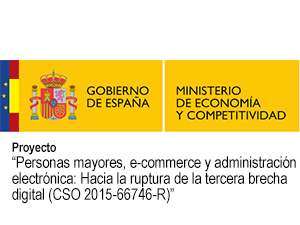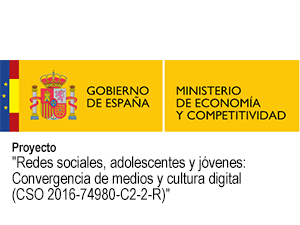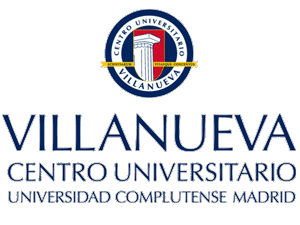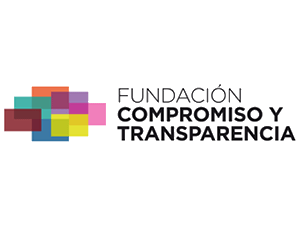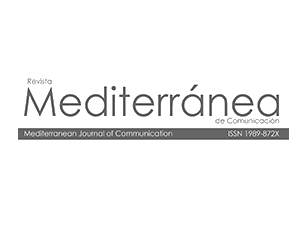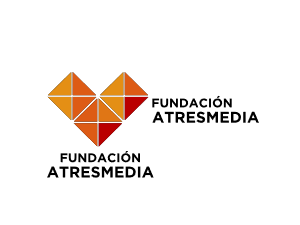Resumen
Héroes Invisibles es una serie de documentales sobre españoles que realizan labores de ayuda humanitaria en el extranjero emitida en la 2 de RTVE. Cada episodio retrata una problemática diferente: desde las consecuencias migratorias de la guerra en Siria, a la desnutrición infantil en Etiopía.
La primera temporada de Héroes invisibles se estrenó el 11 de septiembre y contó con 110.000 espectadores. Los siguientes episodios tuvieron unos datos similares, por lo que el programa tuvo unos resultados relativamente buenos de audiencia. Este artículo analiza la repercusión del programa televisivo en las redes sociales de las ONGs (Kubuka, Cruz Roja, Acnur, Streets of India, Alegría sin fronteras, Santuario de Nueva York, entre otras) que fueron retratadas en cada episodio. El objetivo principal es valorar si la serie ha ejercido un efecto de concienciación social en los espectadores que se haya materializado en algún tipo de ayuda a los afectados que quedan retratados en el programa. Para ello se emplearán las publicaciones en las redes sociales de las ONGs y los beneficios económicos que consiguieron en las fechas posteriores a la emisión de los capítulos. Finalmente, se presentarán unos resultados cuantitativos sobre la repercusión que tuvo un programa de televisión de denuncia social en redes sociales, y en la vida de aquellos que quedan retratados en la serie.
Palabras Clave /
Abstract
Invisible Heroes is a TV series about Spaniards that carry out humanitarian aid work abroad issued at RTVE 2. Each episode portrays a different problem: from the migratory consequences of the war in Syria, to child malnutrition in Ethiopia. The first season was premiered on September 11 and had 110,000 spectators. The following episodes had similar data, so the program had relatively good audience results. This article analyzes the repercussion of the television program in the social networks of the NGOs (Kubuka, Red Cross, Acnur, Streets of India, Alegría sin fronteras, Sanctuary of New York, among others) that were portrayed in each episode. The main objective is to assess whether the series has had an effect of social awareness on the spectators that has materialized in some kind of help to those affected who are portrayed in the program. For this purpose, the publications will be used in the social networks of the NGOs and the economic benefits they obtained in the dates following the issuance of the chapters. Finally, quantitative results will be presented on the repercussion that a social reporting television program had on social networks, and on the lives of those who are portrayed in the series.
Keywords /
FIRMANTES
| Nombre | Adscripción | Procedencia |
|---|---|---|
| Víctor Cerdán Martínez | Universidad Camilo José Cela | Madrid |






